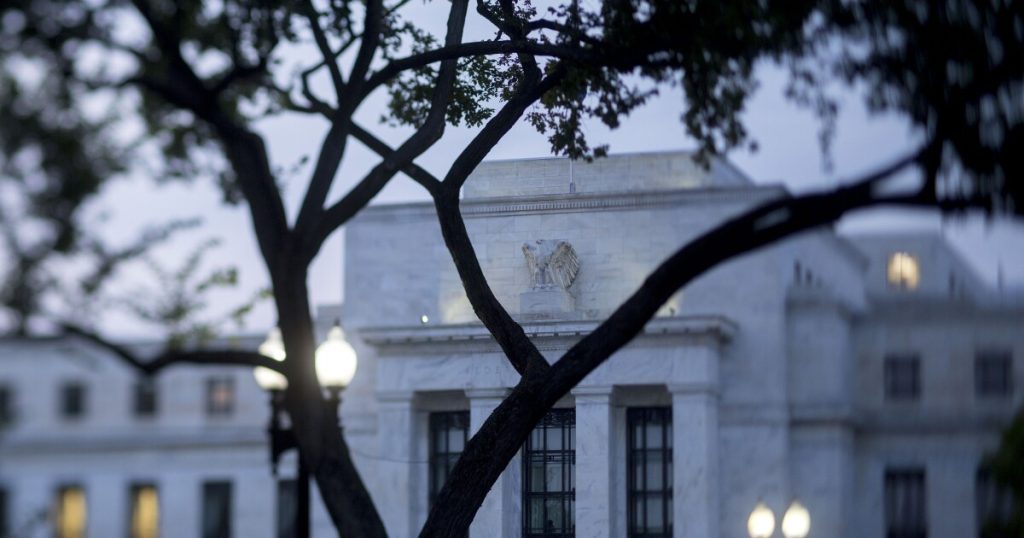Andrew Harrer/Bloomberg News
When it comes to deregulation,
Over the past two decades, we have witnessed an unprecedented series of systemic disruptions including the dot.com bubble, the great financial crisis, a global pandemic and a succession of technology-enabled panics in things ranging from meme stocks to banks with excess interest rate risk, to ill-timed fiscal shocks. The systemic risk trials and tribulations of the last two decades have done much to improve awareness, preparation and efficacy in how our financial system addresses economic shocks.
As members of an organization focused on strong financial markets, we support efficient and effective regulation that is fit-for-purpose. In our view that means a balance between facilitating innovation and economic growth while maintaining market fairness, transparency and systemic risk preparedness. That preparedness requires attention to emerging risks, new market dynamics and taking action to monitor and address looming challenges. One such area relates to nonbank financial institutions, or NBFIs, where regulations have been stalled and plans to monitor the potential systemic risks associated with the sector are being downsized.
In recent months we have been discussing this evolving area of
A simple definition of an NBFI is a financial institution that is neither licensed nor regulated as a bank but engages in a range of lending activities and financial services not regulated by traditional banking/prudential regulation. These businesses run the gamut of financial services including alternative investments, money market funds, mortgage companies, insurance funds, and private equity and credit funds to name a few. These firms extend credit and provide financing using a vast array of products and structures that are different from, but comparable to and competitive with, traditional banks.
It would be one thing if total assets in this nonbank realm were trivial. Alarmingly, they now dwarf assets held in mutual funds and at depository banks in the U.S. and they are swelling dramatically in European markets. A particular corner of this NBFI galaxy that has seen fast-tracked growth is the once niche strategy of private credit. The economic heft and financial complexity of the NBFI sector is no trifling matter when it comes to its potential to trigger systemic disruptions.
In regulatory proposals introduced in the last two years by the U.S. Securities and Exchange Commission, the Treasury Department and the Federal Reserve Board, there was an intentional focus on disclosure quality and transparency, improving internal governance and documenting compliance process and skill at NBFIs. Those disclosure and transparency initiatives are now on hold and the key government Office of Financial Research at the Treasury, that would likely receive, analyze and model much of new disclosure data for systemic risk implications, is being decommissioned. It is now unclear if NBFI firm data on the use of leverage, OTC derivative products, counterparty exposures and details about a firm’s liquidity risk management process will be made available.
Likewise, administrators at the EU’s key financial overseers are still deliberating the details of a system-wide stress test of nonbank institutions. This is still many months off and such an expansion of stress testing activities will undoubtedly encounter significant industry pushback. Hedge funds, private credit groups and money market funds across the EU will be resistant to greater scrutiny and new restrictions coming from European regulators in this NBFI realm.
The tradeoff for haphazard regulation and monitoring of the NBFI steam roller is a serious gap in systemic risk oversight. An entire chorus of global systemic regulators identifies expanding NBFI exposures as a current threat to global economic stability. In our view, dropping proposed regulations or deregulating what now exists would be a significant miscalculation. This is especially true knowing the risk is at our doorstep, it is experiencing exponential growth and that we have the global awareness and tools to be better prepared.
In 1929, G. K. Chesterton said, “Don’t ever take a fence down until you know the reason why it was put up.” NBFI fences have become a systemic necessity.

